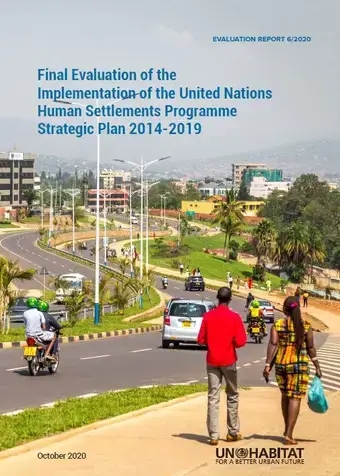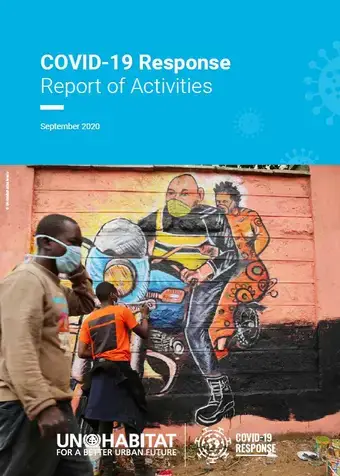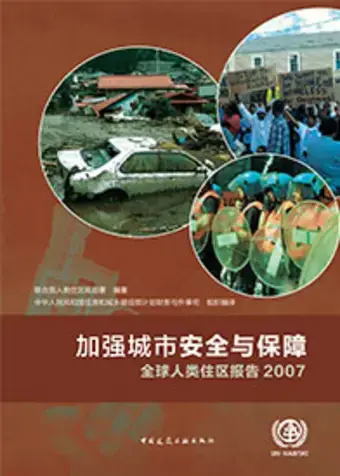Nairobi, 29 October 2015: As part of its advocacy, outreach and communications strategy started in 2012, UN-Habitat today launched its global website in Spanish, es.unhabitat.org and in Chinese, cn.unhabitat.org. Alongside the launch, UN-Habitat also introduced two new social media channels on Twitter and Facebook reporting globally on UN-Habitat’s agenda and activities in the Spanish language.
Egypt Documents
Abdeen Rennovation - Full Report
Abdeen Square Development; From yesterday to today
Al Maragha City Profile - Arabic
Al-Alamein New City
Berket Al Sabba City Profile - Arabic
Cairo, a City in Transition
Country Profile Egypt English
Country Profile Egypt Arabic
Greater Cairo Urban Development Strategy. Part 1: Future vision and strategic directions
Strategic Development of Greater Cairo - Arabic
Egypt Housing Profile
Egypt Urban Forum Flyer English
Egypt Urban Forum Flyer Arabic






 Nairobi 28 October 2015-- A global United Nations meeting bringing together more than 60 urban planning and disability experts opens today at the UN Office in Nairobi.
Nairobi 28 October 2015-- A global United Nations meeting bringing together more than 60 urban planning and disability experts opens today at the UN Office in Nairobi. Lima, Peru, October 12, 2015 – On the occasion of the “What Makes a Sustainable City?” event held on Saturday, 10th October, 2015, during the World Bank-IMF Annual Meetings in Lima, Peru, the World Bank Group and UN-Habitat committed to their shared vision of sustainable
Lima, Peru, October 12, 2015 – On the occasion of the “What Makes a Sustainable City?” event held on Saturday, 10th October, 2015, during the World Bank-IMF Annual Meetings in Lima, Peru, the World Bank Group and UN-Habitat committed to their shared vision of sustainable